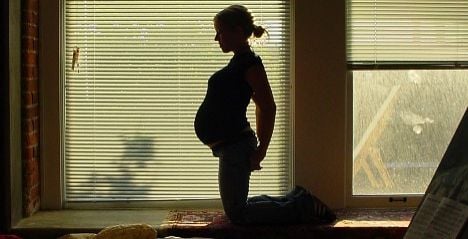As the curtain fell on the national consultation process on Wednesday, left parties and trade unions emerged as supporters of the move, while conservative parties and employers oppose ratification.
The ILO Convention 183 secures maternity leave for all employed women, including those working in atypical employment conditions.
Opponents say Swiss law already fulfils the vast majority of internationally agreed maternity leave requirements.
Since July 1st 2005, 60 years after maternity benefit was first enshrined in the Swiss constitution, all women in employment in Switzerland qualify for a minimum of 14 weeks maternity leave at 80 percent of their normal salary.
However, ratification of the ILO convention would mean extending payment to 16 weeks. It would also require pushing through a legislative amendment.
The Swiss Employers Association (SAV) says it opposes the agreement and any legislative change, arguing that the convention has only had limited success as it is “too detailed and inflexible”. SAV also notes that of the 183 member states in the ILO, only 19 countries have ratified so far.
“Maternity leave payments are already loss-making. We reject an extension of maternity leave pay – for example, the extension of ‘paternity leave’, or extension of maternity leave to 16 weeks, or similar measures for women not in employment,“ according to a statement on the SAV website.
SAV said agreements on additional parental leave should either be reached between workers and their employers, or agreed collectively between social partners in certain sectors.
SAV’s stance is supported by the Swiss People’s Party (SVP) and the Liberal Party (FDP) who also oppose ratification of the convention.
The Social Democratic Party (SP) and the Greens support ratification of the agreement, while the Christian People’s Party (CVP) is undecided.




 Please whitelist us to continue reading.
Please whitelist us to continue reading.
Member comments